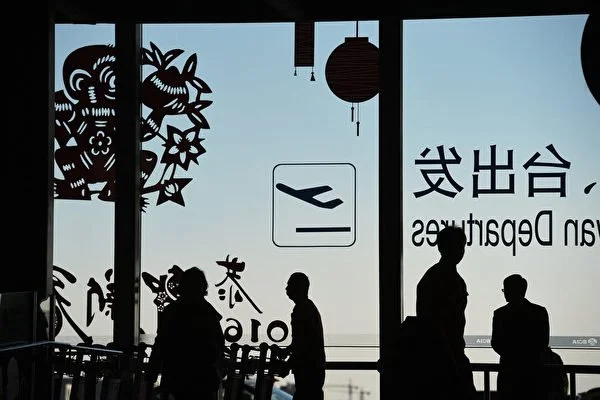Featured
As China's annual "Two Sessions" political meetings kicked off today, heightened security measures have once again appeared across the capital, including the deployment of large numbers of "bridge watchers" (看橋員) on pedestrian overpasses to guard against potential protest banners or disruptions.
Reports have emerged that the CCP ordered the immediate destruction of sensitive documents related to Iran after the killing of Iran’s Supreme Leader Ayatollah Ali Khamenei in a joint U.S.–Israeli operation. Analysts say the move was intended to reduce the risk of American investigations and potential sanctions.
The sudden death of Iran's Supreme Leader Ayatollah Ali Khamenei in a joint US-Israeli airstrike has sent shockwaves through China's leadership, prompting intense internal measures to safeguard regime stability amid concerns that anti-government protests in Iran could inspire similar unrest at home.
Internal conflicts within the Chinese People's Liberation Army (PLA) have intensified and extended to retired senior officers, with three former generals—Han Weiguo, Liu Lei, and Gao Jin—being removed from their positions in the Chinese People's Political Consultative Conference (CPPCC).
Internal strife within the Chinese Communist Party (CCP) military continues to escalate as authorities dismissed nine military representatives from the National People's Congress (NPC) ahead of the annual "Two Sessions." The move includes five generals who previously held top command positions in the navy, army, air force, and information support forces.
Texas Attorney General Ken Paxton filed lawsuits on Thursday, February 19, 2026, against Lorex Technology Inc., Lorex Corporation (collectively “Lorex”), and the e-commerce platform Temu (operated by PDD Holdings, Inc. and WhaleCo Inc.). These are the third and fourth such actions in three days, following suits against TP-Link and Anzu Robotics earlier in the week. Paxton accused both companies of acting in the interests of the Chinese Communist Party (CCP), primarily through deceptive practices and risks to consumer data and security.
In a trend reflecting the deeper struggles of China's young generation, AI pets have surged in popularity, offering affordable, low-maintenance companionship amid economic hardships and emotional isolation. Experts warn that while these virtual companions fill a void, they cannot replace real pets and may serve as tools in the Chinese Communist Party's (CCP) expansive surveillance network.
Court documents have revealed explosive WeChat messages allegedly showing a Chinese Public Security Bureau (PSB) official directing Chinese nationals in Australia to infiltrate and gather intelligence on a local Buddhist organization, Guan Yin Citta, which is banned in China.
Recent reports from various Chinese provinces indicate that the Chinese Communist Party (CCP) is further tightening border controls on retired officials, expanding restrictions from bureau-level cadres to include division-level and even section-level personnel in key departments. According to insiders within the CCP system, the previous "filing" procedure for outbound travel has been replaced with a stricter "approval" process for these retirees.










